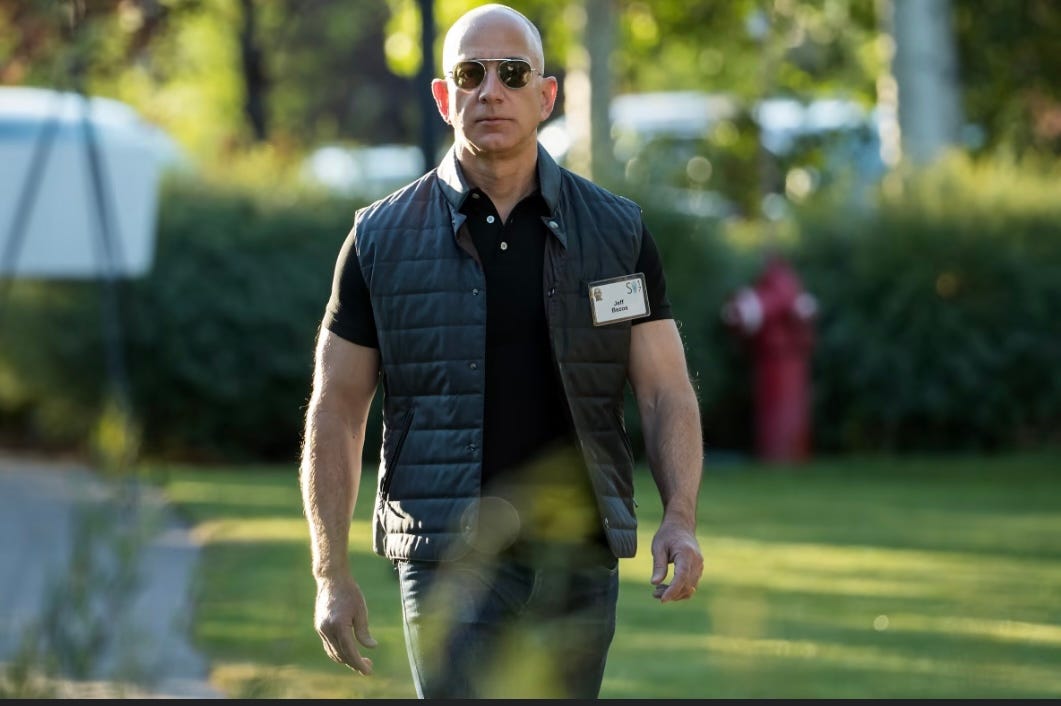As 2024 draws to a close, I can’t help but reflect on how far we’ve come—or rather, how far we’ve regressed—since 2020. That year brought an unprecedented spotlight on Black founders, social impact, and equity. But four years later, the momentum has not just waned; it’s dissipated.
In the midst of a global pandemic, George Floyd’s murder, and the surge of the Black Lives Matter movement, venture capital and corporate America faced a reckoning. The archetype of the “Tech Bro”—White, male, Stanford or Harvard-educated, argyle vest, and All birds sneakers—was being questioned. For the first time, Silicon Valley's foundation of White male patriarchy and systemic racism was openly challenged. The light was turned on.
Suddenly, corporations, accelerators, and venture capitalists pledged billions to support founders of color. JP Morgan committed $30 billion, Walmart set aside $100 million, Amazon offered $10 million, and others followed suit. Over two years, $340 billion was directed toward racial equity in small businesses, housing, and other programs benefiting Black and Brown communities.
For Black founders, this was transformative. From 2020 to 2022, we saw an unprecedented wave of visibility and support. Raising funds—a process long reserved for those who fit the mold—felt, for once, within reach. It wasn’t equitable, but it was progress. We finally knew other Black founders who had raised venture capital, breaking barriers that once felt impenetrable.
Then, 2023 happened. The Supreme Court ended affirmative action in college admissions, and the ripple effects were swift. Corporations scaled back their racial equity initiatives. Private institutions reduced outreach to students of color. Venture capitalists, too, seemed to lose interest in Black founders.
It was like someone snapped their fingers, and the progress of the past two years vanished. Black founders were no longer “hot” investments. The once-celebrated narrative—that diverse founders outperform their peers—disappeared. Conversations about impact investing and mentorship for Black founders grew quieter, until they stopped altogether.
In 2023, Black founders received just 0.5% of all venture capital funding in the U.S.—$661 million out of $136 billion. Meanwhile, efforts to empower Black entrepreneurs faced legal challenges. The U.S. Court of Appeals for the 11th Circuit blocked the Fearless Fund from awarding grants exclusively to Black women, deeming it a violation of civil rights law. Imagine: in a system where Black founders receive less than a sliver of VC funding, a program providing targeted support to the most underrepresented group was deemed discriminatory.
This silence from investors and corporations is deafening. It is compliance with the forces pushing us backward. Black founders must contend not only with structural inequities but also with the crushing sense of exclusion and judgment in spaces dominated by those who do not look like us.
We aren’t welcomed here—we’re tolerated. And tolerance is a cruel kind of marginalization. It comes with lowball valuations, dismissive attitudes, judgment for mistakes instead of guidance, and assumptions about intellect and competence.
We are entering a critical and challenging moment for race, equity, and gender in America. To my fellow Black founders, this is a love letter to you. To your late nights, your sacrifices, your creativity, your resilience, and your persistence: keep going.
This journey is difficult, but your vision and determination matter. It is not you. It is the system. And you are fighting to create a better one.



